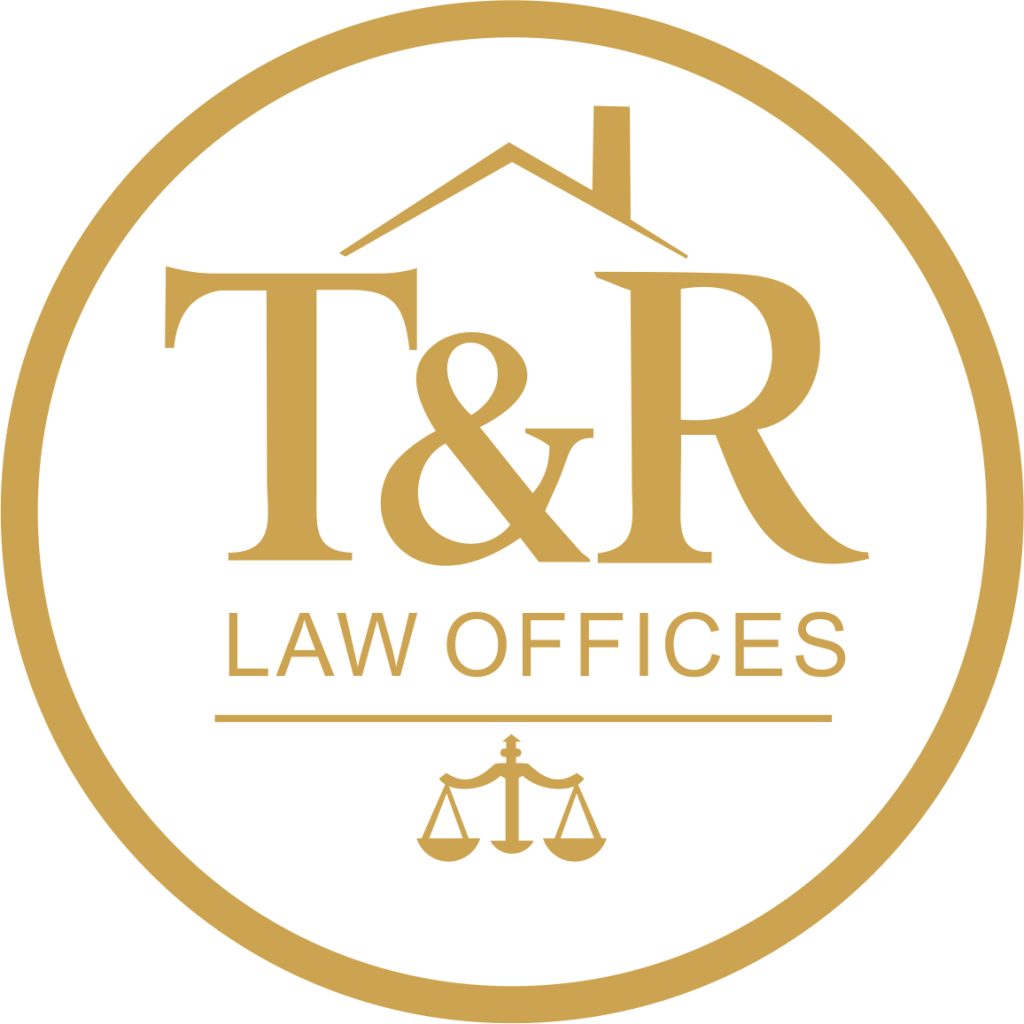Blockchain technology, which initially found calling in the crypto boom that started in the late 2010s, is finally being adopted in several different industries evolving beyond its origins. Its unique attributes, including transparency, security, and decentralization, make it a transformative tool in various industries. Among these, real estate stands out as one of the most unconventional and promising sectors where blockchain is driving significant growth. We will discuss the uses of blockchain in the real estate sector and the law related to it. But firstly, what is Blockchain?
What is Blockchain?
Blockchain is a decentralized and distributed digital ledger technology that records transactions across a network of computers in a secure, transparent, and immutable manner. Each record, known as a “block,” contains data, a timestamp, and a unique cryptographic hash of the previous block, forming a “chain” of blocks. This structure ensures that data, once recorded, cannot be altered without consensus from the network participants.
Key Applications of Blockchain in Real Estate
1. Property Transactions and Smart Contracts: Conventional real estate deals entail a lot of paperwork, expensive middlemen, and the possibility of fraud. Smart contracts, which are self-executing agreements with terms entered directly into the code, are one way that blockchain simplifies this process.
2. Tokenization of Real Estate: Use of blockchain splits a property into digital tokens that reflect fractional ownership making it possible to tokenize real estate assets. As with stock trading, this enables investors to purchase and sell real estate shares.
3. Transparent and Immutable Property Records: In many jurisdictions, it can be difficult to maintain correct property records, which frequently results in conflicts and fraud. Digitized property records are visible and unchangeable due to blockchain’s decentralized ledger, which lowers the possibility of fraud and mistakes.
4. Efficient Property Management: By facilitating safe and open communication between landlords, tenants, and service providers, blockchain can improve property management.
5. Cross-Border Transactions: Financial and legal obstacles frequently make purchasing real estate in a foreign jurisdiction difficult. Blockchain provides a safe and transparent platform for identity verification, money transfers, and ownership registration in real estate transactions.
Benefits of Blockchain in Real Estate
1. Enhanced Transparency: Blockchain’s decentralized nature ensures that all participants in a transaction have access to the same information, reducing information asymmetry and increasing trust.
2. Increased Efficiency: Blockchain lowers the time and expense involved in real estate transactions by automating procedures like escrow, title searches, and payment settlements.
3. Improved Security: Blockchain’s cryptographic features guarantee data security and tamper-proofness, shielding private data from fraud and online threats.
4. Reduced Intermediary Costs: Blockchain reduces transaction fees and other related expenses by doing away with the need for middlemen, which makes real estate transactions less cumbersome and expensive.
Challenges and Considerations
While the potential benefits of blockchain in real estate are significant, several challenges remain:
1. Regulatory Uncertainty: Blockchain and cryptocurrency regulations are still developing, which leaves stakeholders in the dark.
2. Integration with Legacy Systems: Blockchain adoption necessitates major adjustments to current procedures and systems, which can be expensive and time-consuming.
3. Technical Expertise: Blockchain solution implementation calls for specific knowledge and experience, which might not be easily accessible.
4. Market Acceptance: The willingness of stakeholders to adopt new technology and alter long-standing traditions is necessary for the widespread use of blockchain in the real estate industry.
Which countries are implementing laws for blockchain in real estate?
No country in the world currently has a regulatory framework to control the use of blockchain in real estate. However, broader regulations are available in different jurisdictions some of which are as follows:
1. UAE: The UAE has actively embraced blockchain technology through initiatives like the Emirates Blockchain Strategy 2021, aiming to migrate 50% of government transactions to blockchain platforms. Key regulations include Federal Law No. 3 of 2003 for digital assets and SCA rules for virtual assets. Blockchain companies must adhere to anti-money laundering, KYC, and data protection guideline.
2. Singapore: Singapore regulates blockchain and digital assets through the Securities and Futures Act (SFA), Payment Services Act (PSA), and Financial Services and Markets Act (FSMA), the working of which is overseen by the Monetary Authority of Singapore (MAS). While lacking specific blockchain laws, MAS issues guidelines and plans to regulate single-currency stablecoins, showcasing an evolving framework for blockchain and digital tokens.
3. Switzerland: Switzerland regulates blockchain and digital assets under the Swiss DLT (Distributed Ledger Technology) Framework, effective since August 2021. The framework recognizes tokenized securities as equivalent to traditional securities, enables licensing for blockchain-based trading, and provides Anti-Money Laundering AML regulations for blockchain service providers.
4. Malta: Malta regulates blockchain through the Malta Digital Innovation Authority Act (MDIAA), the Innovative Technology Arrangements and Services Act (ITASA), and the Virtual Financial Assets Act (VFAA). These regulations ensure proper standards, certifiy blockchain platforms and smart contracts, regulates virtual financial assets, with a focus on investor protection and anti-money laundering (AML) compliance.
Blockchain Regulation in India
India does not recognize cryptocurrency which is why there has not been much deliberation on implementation of crypto specific technology laws which involves blockchain too. Indian regulators should consider the following measures:
1. Create a Dedicated Blockchain Legal Framework: Develop specific laws recognizing blockchain-based property transactions, including tokenization and smart contracts.
2. Regulation Amendments: Amend existing laws like the Transfer of Property Act, 1882, to incorporate digital property transactions.
3. Establish a National Land Registry on Blockchain: Implement a blockchain-based land registry to maintain tamper-proof records, ensuring transparency and reducing disputes.
4. Define Standards for Smart Contracts: Establish legal validity for smart contracts under the Information Technology Act, 2000, with clear guidelines for enforceability in real estate.
5. Regulate Tokenized Real Estate:\n – Issue clear guidelines for fractional ownership through tokenization by mandating KYC and ensuring anti money laundering compliance.
6. Promote Cross-Border Transactions: Facilitate blockchain-based cross-border property deals by creating secure, transparent, and cost-effective systems, benefiting NRIs and foreign investors.
Conclusion
Blockchain technology is a great way to increase accessibility, efficiency, and transparency, particularly in the real estate sector. It is no secret that there are still obstacles to overcome, however, the increasing interest in blockchain solutions indicates that real estate adoption will continue to pick up speed. Blockchain may eventually open the door to a more secure, effective, and inclusive real estate market as parties negotiate the challenges of adoption and regulation.

